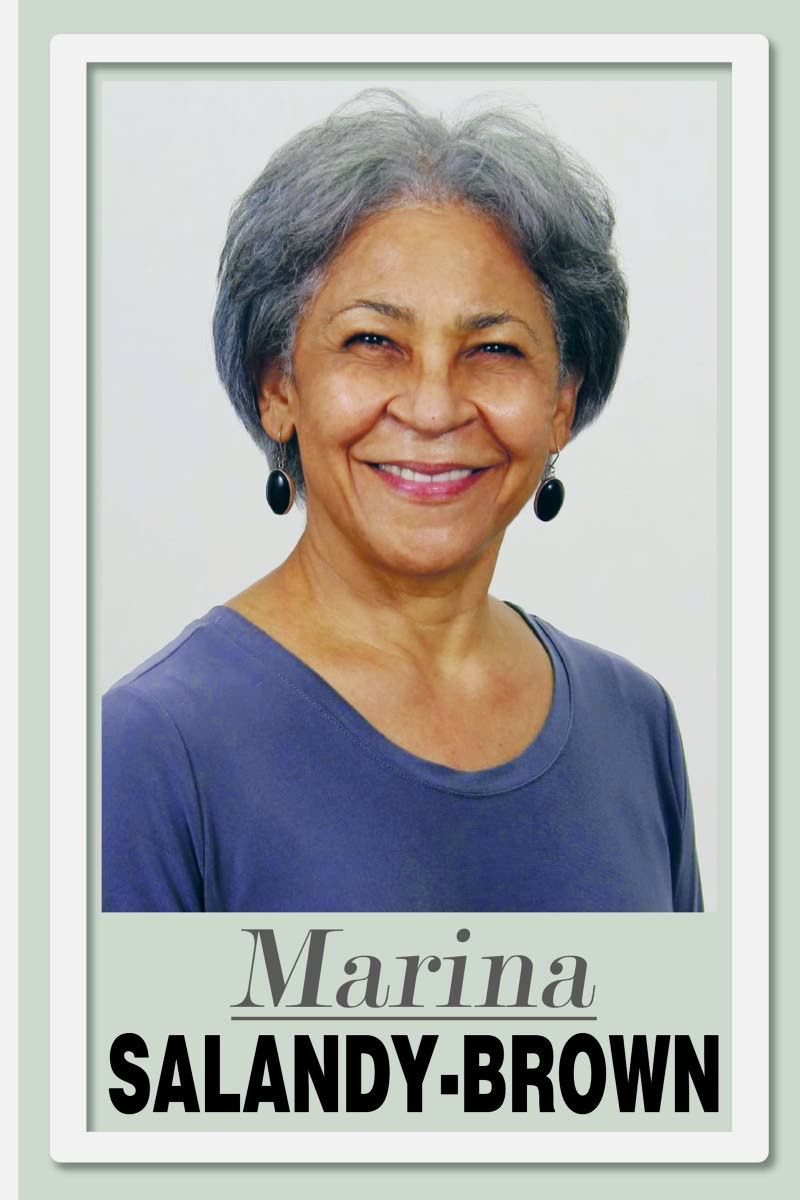The phrase ‘This too shall pass’ often serves as a resigned yet hopeful reminder during overwhelming times. For many in Trinidad and Tobago (TT), the anticipation surrounding last week’s significant events has now crystallized into either unbridled joy or profound disappointment, depending on individual perspectives and circumstances. The recent budget reading, delivered last Monday, brought mixed reactions. While some sectors celebrated, the arts community was left puzzled by vague promises. The budget briefly mentioned plans to ‘expand cultural industries through a Creative Value-Chain Fund,’ supporting film, fashion, design, and music, alongside enhanced intellectual property (IP) protection and duty concessions. However, the lack of detail has left artists and creatives anxiously awaiting further clarification from the Ministry of Community Development and the Arts. The grouping of arts practice and people development within one ministry is a positive step, acknowledging their symbiotic relationship. Yet, concerns arise as tourism and trade increasingly overlap with culture. Proposals for a year-round Carnival city, driven by the Ministry of Trade and Tourism, risk prioritizing economic gains over cultural authenticity, potentially undermining the essence of TT’s vibrant traditions. The arts fraternity is currently in despair, facing what many describe as the most critical juncture in decades. Critics highlight a significant political knowledge gap regarding the sector’s true potential, both locally and internationally. Calls for a government summit aim to bridge this divide and foster a deeper understanding of the arts’ transformative power. Globally, the creative sector is a powerhouse, employing 50 million people—half of whom are women—and ranking as the world’s second-largest industry, surpassing even the automotive sector. In the UK, the ‘orange economy’ contributes £125 billion, while in the US, it adds over $1.1 trillion to the economy. Despite these staggering figures, TT’s budget failed to address key areas like literature and publishing, leaving the VAT on books unchanged—a move seen as a penalty on reading. The literary sector has been a success story over the past 15 years, with initiatives like the Bocas Lit Fest school projects enhancing cognitive skills, critical thinking, and communication among students. Advocates emphasize that the arts not only drive economic growth but also foster cultural evolution, social change, and interdisciplinary collaboration. Meanwhile, in the Middle East, Palestinians and Israelis cautiously celebrate a fragile ceasefire. The release of hostages and detainees has brought relief, but the question of ‘what next?’ looms large. The future hinges on the unpredictable actions of global leaders, leaving many to wonder if lasting peace and stability can be achieved.
